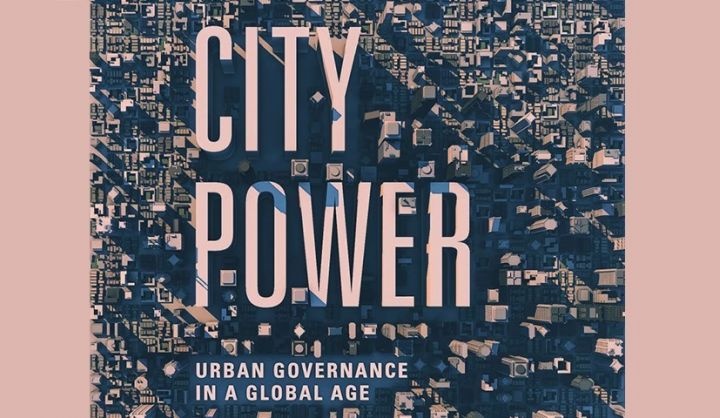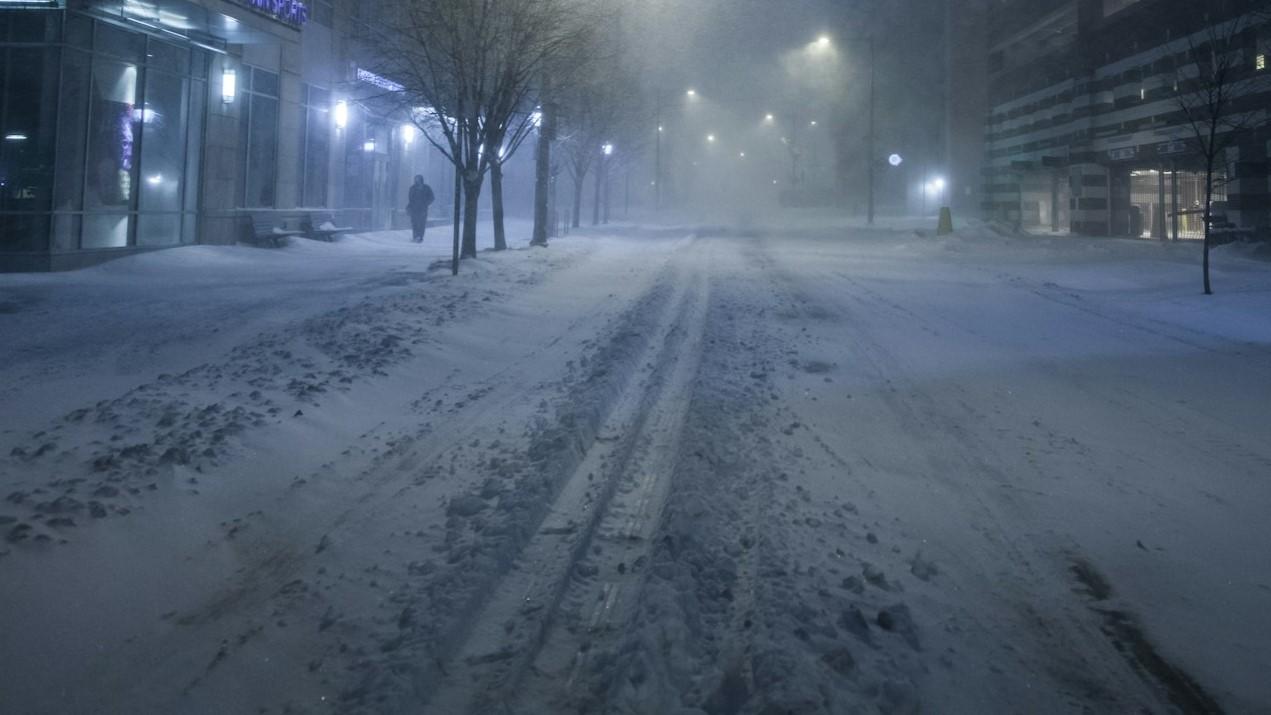- June 6, 2017
- Project on Municipal Innovation
At the 17th convening of the Project on Municipal Innovation (PMI), chiefs of staff and policy advisors from the nation’s largest cities came together to discuss the pressing issues they face in their work. Richard Schragger, Professor of Law at the University of Virginia, delivered addresses on the subjects of his new book and state preemption. The following transcript comes from an interview conducted on the same day as his address
WYATT CMAR
This is Wyatt Cmar with the Project on Municipal Innovation at Harvard Kennedy School's Ash Center. I'm here with Richard Schragger, Professor of Law at the University of Virginia and author of City Power: Urban Governance in a Global Age.
The first question I'll ask is, what is “city power”? I know the book is a lot about the power that cities don't have, so where are they lacking?
RICHARD SCHRAGGER
The book is about two kinds of power: one is the economic power of cities and the other is their political power. I think we have common misunderstandings around both. On the economic side, the book argues that cities have more power to choose the kind of policies they want, especially policies that are in some ways responsive to social welfare concerns.
"The book is about two kinds of power: one is the economic power of cities and the other is their political power."
The traditional literature on city power is that cities are economically constrained by the flight of mobile capital. Cities have to chase mobile capital — capital meaning human capital or business capital. Then, cities have to compete to retain high value persons and businesses.
I think that's wrong. One of the arguments in the book is that economic growth in a city is not determined by a city's policies related to attraction and retention. In that way, cities are under a false constraint, and the book argues that we should lift that economic constraint.
On the other side are the political constraints, and those are real. In the U.S., states exercise quite significant — even what they would call plenary — power over their cities or their political subdivisions. Even in "home rule" states — that is, states that have granted some authority to localities — it is very easy for states to override local laws and local regulations. We've seen an explosion of that activity in the past decade and a half and especially in the past two years.
Those kinds of activities are made possible by the fact that state legislatures are often hostile to cities and they are resistant to the innovative policies that many cities are undertaking. Cities have been more aggressive recently with those policies and it has excited a certain backlash among state legislators.
WYATT CMAR
I want to get eventually to how cities fight that, but first I have to ask, how did we get this way? How did states get so much power relative to cities?
RICHARD SCHRAGGER
Part of this has just been the structure of state constitutions, which do sometimes give grants of power to localities, as I mentioned in the case of home rule power. That grant usually allows for initiating legislation, but it usually does not provide for immunity against contrary state legislation. There are some states where cities do have some immunity. When this was adopted, the idea was just to give cities the ability to do lots of the things that they do, and there wasn't so much worry about state legislators coming in and overriding specific city policies.
I think what has happened now is that as cities have gotten a little more aggressive in regulating along lots of dimensions, and as states have become more hostile to cities recently, and as the interests of some of the non-city parts of states have diverged from the cities, we've seen more clashes between state legislators and local governments.
WYATT CMAR
How do cities fight this?
RICHARD SHRAGGER
I'm in favor of city power. There are folks who are not, and that's why the book is called City Power. I think that we should have local democratic participatory government, and cities provide that. Cities have the wherewithal and capacity to provide good government to their citizens. So, I'm in favor of stronger home rule protections. That would entail law reform in many states. Those states might not be amenable to it as a political matter.
"Cities need to figure out ways of organizing within their states and across states."
Cities need to figure out ways of organizing within their states and across states. They need to figure out ways of organizing politically to assert more power. They have increased economic power that has developed over time. In the last 25 years we've had an urban resurgence in the United States and also globally. That urban resurgence has led to higher populations in cities, more economic growth, and more development. Cities already produce much of the economic development product of the country. In particular states, often the majority of economic development is happening in cities and metro areas, but their political power is not commensurate with their economic power.
So one thing that is needed is a new home rule movement in these states and again across the nation in which we reform the existing constitutional systems so that cities can exercise the powers that they should have.
This interview has been lightly edited for clarity and concision.
Top photo ADAPTED FROM COVER OF CITY POWER: URBAN GOVERNANCE IN A GLOBAL AGE, OXFORD UNIVERSITY PRESS





